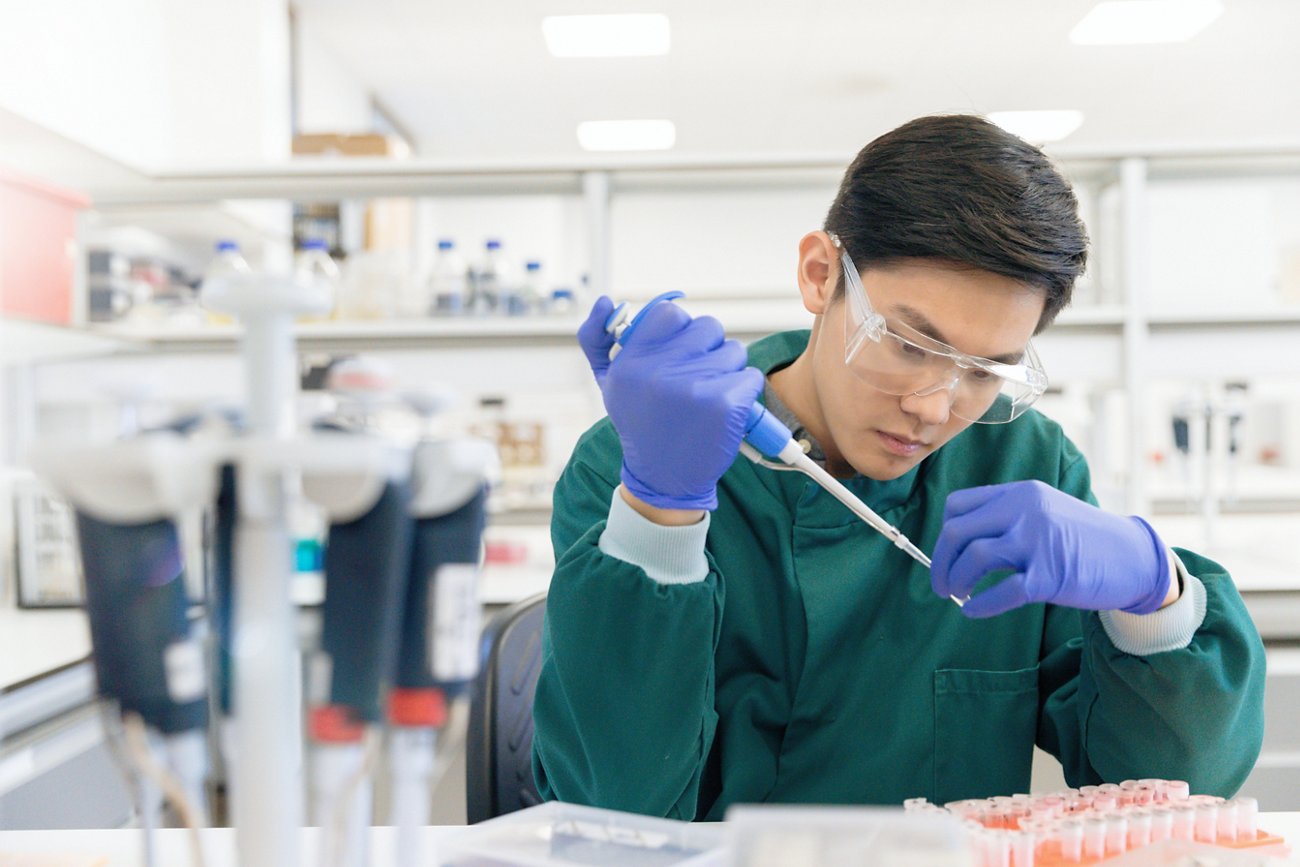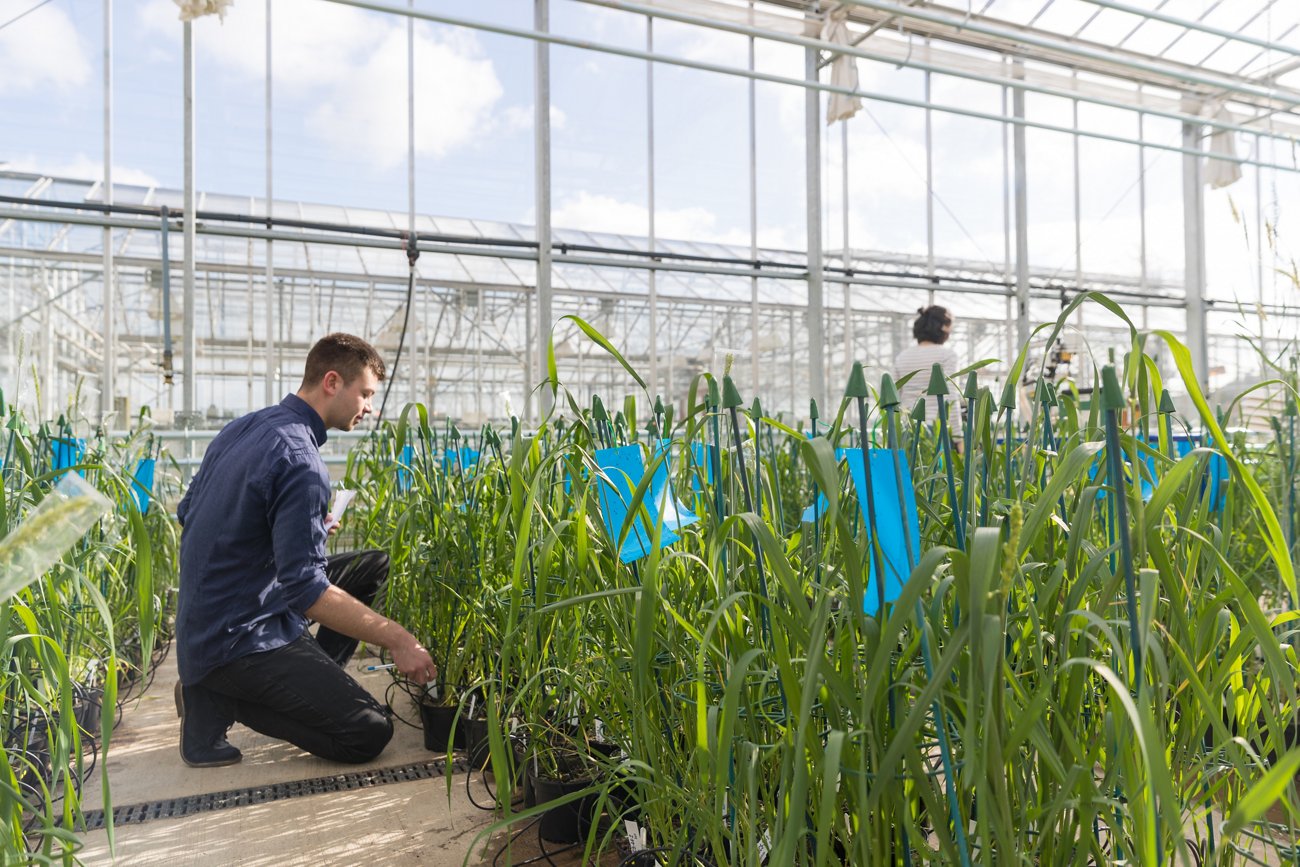
Assistant Professor in dietetics Laura Birch, tells us about the topics you will study, modules taught, and skills learned on the dietetics course at Nottingham.
What do you think are the highlights of the dietetics course at Nottingham?
Dietitians are the only qualified and regulated health professionals that assess, diagnose and treat diet and nutritional problems at an individual and wider public-health level. Our integrated masters MNutr nutrition and dietetics programme, accredited by the British Dietetic Association (BDA) and approved by the Health and Care Professions Council, means our students are eligible to become UK registered dietitians when they graduate, and our in-depth training programme ensures that they are well prepared to practice in the modern healthcare setting.
What inspired you to pursue this area?
The variety and scope of opportunity within the field of dietetics - the transferable skills developed during dietetic training can be applied to a wide range of settings and disciplines. I have used my specialist dietetic skills to pursue roles and experience in clinical, industry, research and educational dietetics settings.
Dietetics opens up a wide range of career choices, including opportunities to specialise in a variety of healthcare areas, in the public sector healthcare, the commercial sector, the media and self-employment to name but a few.
What topics do you teach on our undergraduate course?
All registered dietitians receive specific training in clinical nutrition that allows them to give specialised dietary advice. The varied curriculum of our BDA accredited MNutr programme enables students to acquire in-depth dietetic knowledge through a wide range of teaching, including modules in nutrition, biochemistry, medicine and pathology and pharmacology.
This clinical learning is complemented by modules in communication, professionalism, leadership and research skills, in addition to hands on clinical experience through practice placements.

Our specially built dietetics suite enables students to develop and practice their clinical skills before going on practice placements in primary care, hospitals, public health and other non-traditional placement settings, including charitable organisations, industry, freelance, research and public health.
Laura Birch PhD RD
Assistant Professor in Dietetics
What support can students expect to receive during their studies?
We use a variety of teaching styles and assessment methods to aid learning and enhance the student experience. Learning opportunities include workshops, problem-based learning and practical classes in addition to more traditional lectures, seminars and tutorials.
Our expert teaching team has wide ranging dietetic experience and expertise and our students report that access to specialist practising dietitians provides invaluable insight into ‘real-world’ dietetic practice.
What advice would you give to students who are planning to study a degree in dietetics?
Dietitians play an important role in the nation's health, using their knowledge of food and science to improve health and well-being in many different settings. Working as a dietitian is interesting, diverse and enjoyable - if you are interested in food, people, health and nutrition, it may be the job for you!
Embrace the varied learning opportunities presented to you during your dietetics training and research and explore the diversity of career options open to dietetics graduate so that you can make informed decisions about your future career.


